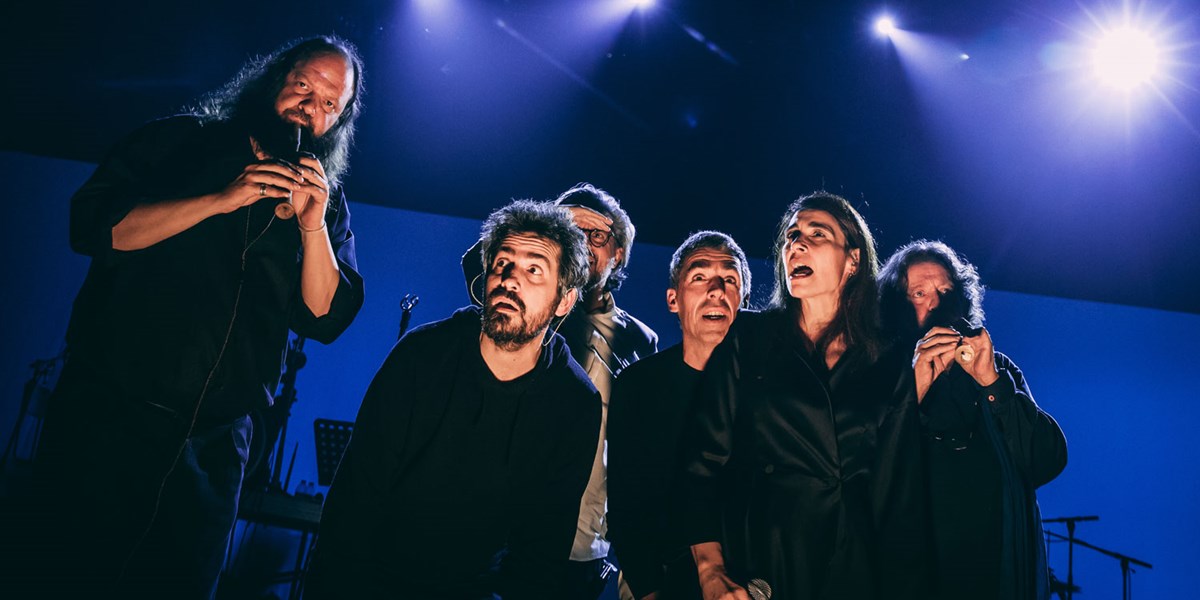Thursday, April 4, 2024
Cara de Espelho: Time to Protest
Alarmed by the far-right surge, Cara de Espelho have gathered members of some of Portugal’s best-loved bands to create something new, and urgently needed. Gonçalo Frota meets the group and attends one of their first shows

Cara de Espelho

Register now to continue reading

Thanks for visiting the Songlines website, your guide to an extraordinary world of music and culture. Sign up for a free account now to enjoy:
- Free access to 2 subscriber-only articles and album reviews every month
- Unlimited access to our news and awards pages
- Our regular email newsletters

